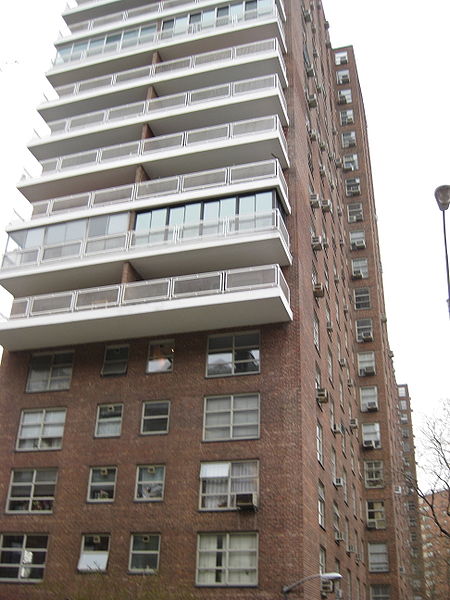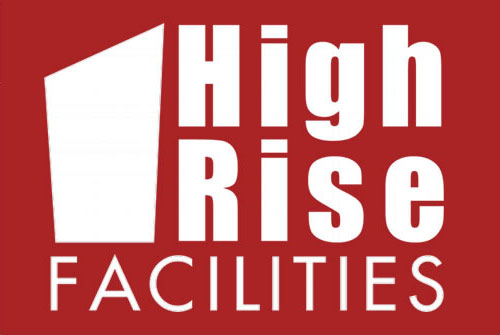As part of New York City Mayor Bloomberg’s initiative ‘Recycle Everything’, a successful organic food waste recycling program has been expanded to select buildings in Manhattan with communities in Brooklyn and the Bronx to follow this fall.
The Mayor first announced the development of the residential organic recycling program in his 2013 State of the City address, chronicling the success of the pilot in more than 90 public schools in Manhattan and Brooklyn. Organic waste accounts for more than 35 percent of the total waste stream, and recycling will divert it from landfill to be composted or converted into energy. The program expanded to residents in the Westerleigh on Staten Island in late May. Since then, the Department of Sanitation has already measured a more than 50 percent voluntary participation rate.

In Morningside Gardens, comprised of six apartment buildings of 21 stories each, the total weight of trash has plummeted by 35 percent and households are recycling about one pound of food scraps each day.
Organics collection has begun in Manhattan at the Helena and Morningside Gardens apartment high rises. In Morningside Gardens, where the Mayor made the announcement, the total weight of trash has plummeted by 35 percent and households are recycling about one pound of food scraps each day. Given the success of the program, organics collection will begin this fall in Windsor Terrace in Brooklyn and in Throgs Neck, Edgewater Park, Schuylerville and Country Club in the Bronx.
Morningside Gardens’ management company, FirstService Residential, is responsible for guiding decisions that impact more than 75 million sq. ft. of residential real estate, amaking it New York City’s largest residential management company. “We have an obligation to educate our clients about the many programs that exist – both within FirstService Residential and in conjunction with city agencies – to help their buildings operate in a more sustainable manner,� says David Kuperberg, President of FirstService Residential New York. “This is just one of many programs that are helping to ‘green’ our portfolio of more than 500 properties.�
Next spring, the program will extend to Beechurst, Bay Terrace, Cambria Heights, Glendale, Maspeth and Middle Village in Queens; to Cobble Hill, Bay Ridge and Fort Hamilton in Brooklyn; and to areas of Staten Island including Midland Beach, New Dorp Beach, Tottenville, Howland Hook and Mariners Harbor. By 2014, the program will reach more than 100,000 with approximately 25,000 households in each borough.
In addition to the voluntary residential food waste recycling pilot, the City has partnered with GrowNYC to begin food scrap collection at green markers throughout the five boroughs. Households that choose to compost but are not in the Department of Sanitation pilot areas for collection can bring food waste to sites across the city, where it is used for composting at community gardens and for other environmental programs. The GrowNYC collection program is on track to divert more than one million pounds from landfill this year. The City has also developed Re-Fashion, a program for clothing and textile collection service in more than 280 buildings city-wide. In September, the City will began e-cycle, the most expansive electronics waste recycling collection service in the United States.

